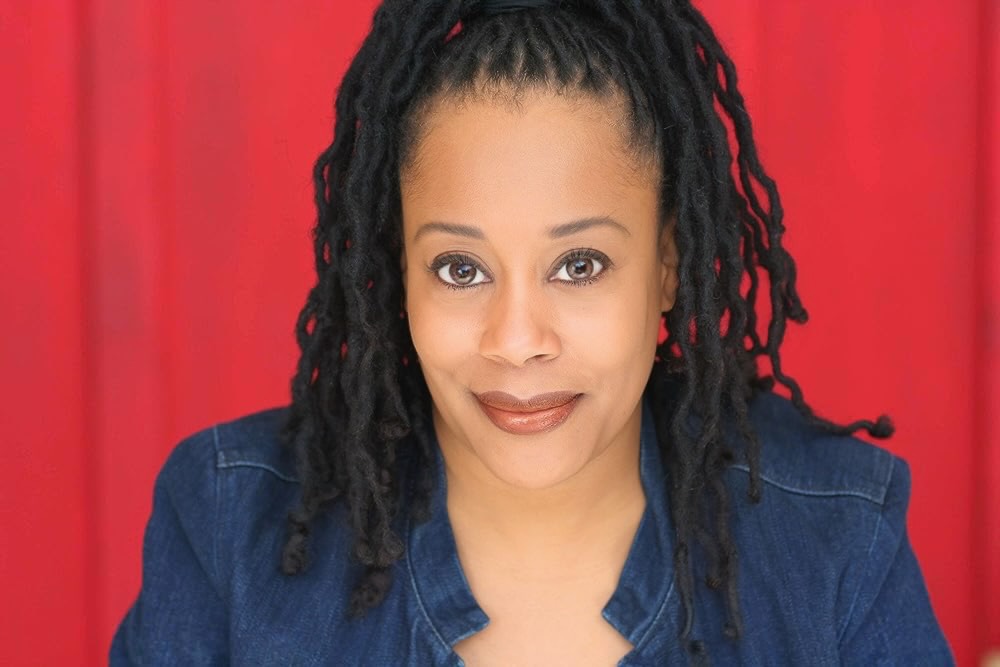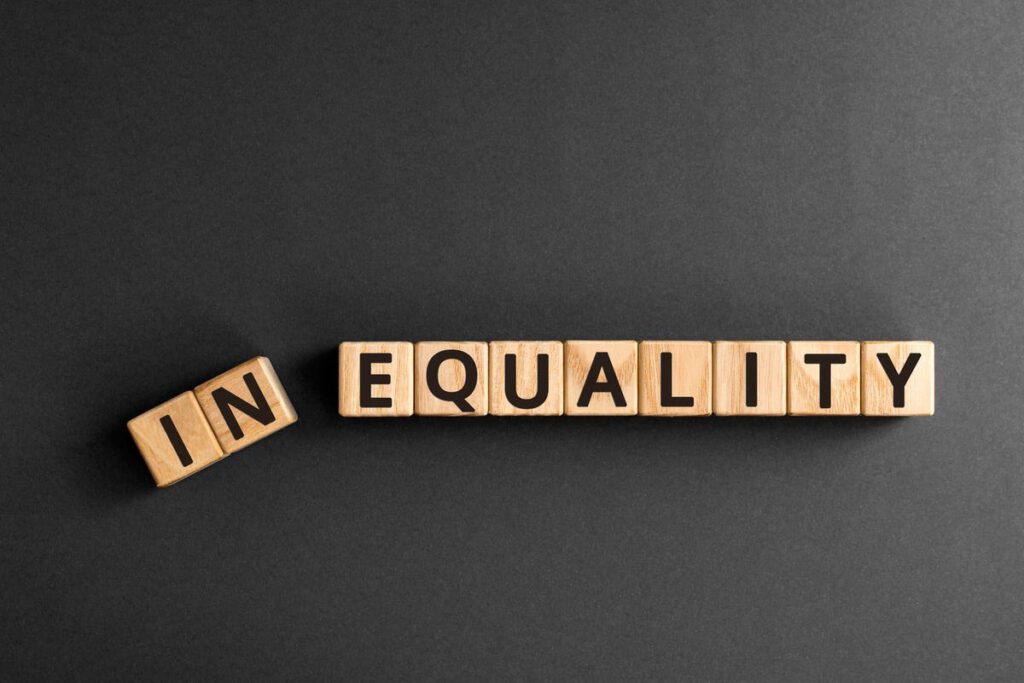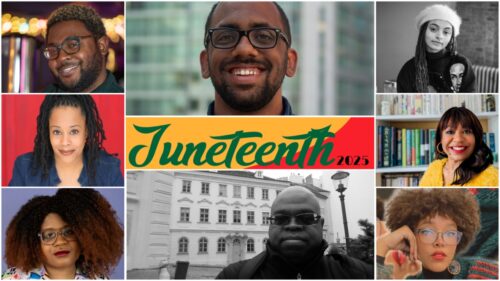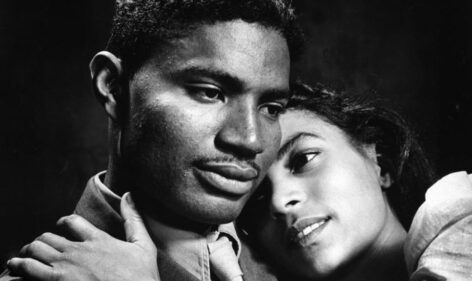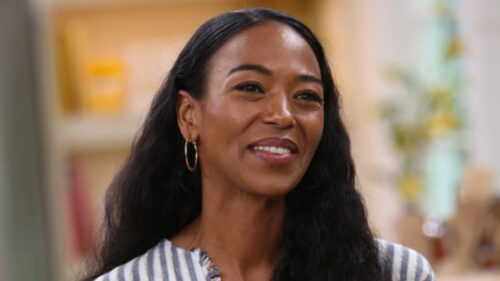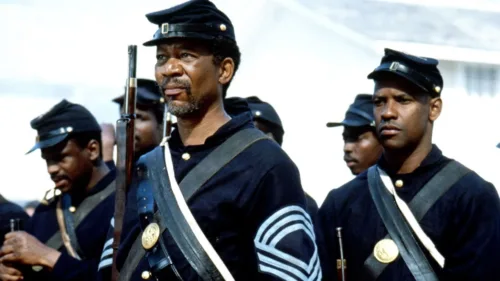2020 was a year for the history books with one of the deadliest pandemics in over 100 years, the intensifying of the Black Lives Matter and #MeToo movements, and Hollywood power players increasingly held accountable for their gross abuses of power. It was also a historical bookmark for the digital freelance journalism community of color, as most were confined to homes with no means of income. With all of this going on, 2020 felt like a time to redirect the microaggressions against Black freelance digital journalists and journalists of color. Was there a seismic shift due to being shut in and shut down? The answer to that is simply … NOPE!
Post Covid and #BLM, there was an avalanche of talking but very action behind the words or promises from those in power positions in the entertainment industry. Promises made by multicultural divisions of major studios and/or multicultural firms, in response to a lack of diversity in the media, are now being met with an overwhelming sense of disappointment. In addition, if one dares speak out on this subject, those conversations are met with whispers, disdain, and disapproval from not only the powers that be, but from inside the freelance digital community itself.
Fear of being blackballed causes most to keep quiet and shudder at the possibility of being axed off the access grid. While few outlets have done enormously well in keeping their word to enhance diverse voices and presence, it seems many felt pressured to follow suit only when it fit a headline of the moment. Those same outlets, editors, and public relations entities who had a Black fist or black box in their social media, spoke out against Asian hate, or tried desperately to prove they were down with the brown (i.e. Indigenous and Latino) were not walking the walk but doing a whole lot of talking.
Personally, the access I have been afforded is relatively decent across the board, but this is an issue that applies to journalists of color at all experience levels and not merely a singular viewpoint. To get to this place, I have worked my tail off and no one has given me anything. Like others, I have seen the best and the worst sides of this issue while being guilty of a few things here and there as well.
In an attempt to address these aforementioned issues, I would engage in conversations with power brokers to brainstorm how to incorporate a lasting and fulfilling shift for both sides. While many of those meetings were productive, questions and concerns still remain on all sides.
Why are we still having this same tired conversation repeatedly on a loop?
One would have thought with the virtual conference capability introduced for interviews that studios would be ecstatic. After all, they were saving millions in hotel and flight bookings globally, premiere events, in-person press conferences, booking venues for in-person screenings, while simultaneously obtaining nearly three times the coverage in one fell swoop.
However, once the world opened and folks were allowed outside the confines of their homes, those same doors that cracked open became slammed and nailed shut. Some firms and/or studios would lie to your face about the dates of junkets and/or who was not available and why. Do these people really think journalists are not speaking with one another and sharing details while noticing the facts given are not adding up or making logical sense?
How do you have films with women at the helm, starring and/or producing, yet not invite women of color from all lanes to participate? If we are present, it’s a handful of us. And don’t let it be a red carpet! If you are not with a mainstream media outlet nor have solid connections or relationships to the powers that be, you will find yourself relegated to the “underground railroad” portion near the end, grappling with four or five other outlets for just one quote. When content begins to drop, you come to the realization that the invitations were never meant to include you … period.
For many of my colleagues, emails to studios now go unanswered. Invitations are scarce and the same Black journalists and journalists of color who appeared to be indispensable are now ghosted on everything from screenings to moderating to junket invites (virtual or in-person).
This is a rally call to inspire some real action instead of cyclical and lasting lip service. Let’s keep it real, I’ll be the first one to say that you are not going to get confirmed for every interview, junket, screening, etc. … that’s just the way it is.
However, now that I have made my case for the digital community of color, let’s explore the flip side. After all, there are two sides to every story.
It becomes problematic for publicists when they have to hunt you down for your appointed junket time or coverage plans of the content you have been allowed to have access to. It’s a game changer when the approved journalists don’t adhere to embargoes or leak info about early screenings on Twitter when told to keep it under your hat. Not to mention streaming from your bed, car or some other location where connectivity issues can prevail and derail timing.
A very wise woman told me that the relationship between journalists, studios, producers, and public relations is reduced to something very simple–K.L.T. (Know. Like. Trust.) Why? Because, now you have proven yourself professional to the folks who vouched for you and they know that their rep won’t be at risk when you are approved.
How do we find a reasonable solution to satisfy both sides? We continue to hold each other accountable without disdain or vitriol, while making it all a teachable moment to move forward in agreement. Or freelance journalists can form a union to stand up for their rights just like every other branch in the entertainment industry (ie DGA, PGA, SAG-AFTRA, CSA, etc.). Whatever the solution, it won’t be easy, but something worth fighting for never is. If it were easy, everyone would do it. Let’s move and groove together as we need each other to shed light on the art of cinema, television, etc. Let’s stop the inbred fighting, gossiping, clenching of teeth and fists to move forward in light, positivity, and support on all sides of the issue. It is only at that point that true change will begin molding and taking the shape of journalistic justice in all forms of digital and electronic media.
At least that’s what I dream it could be.
